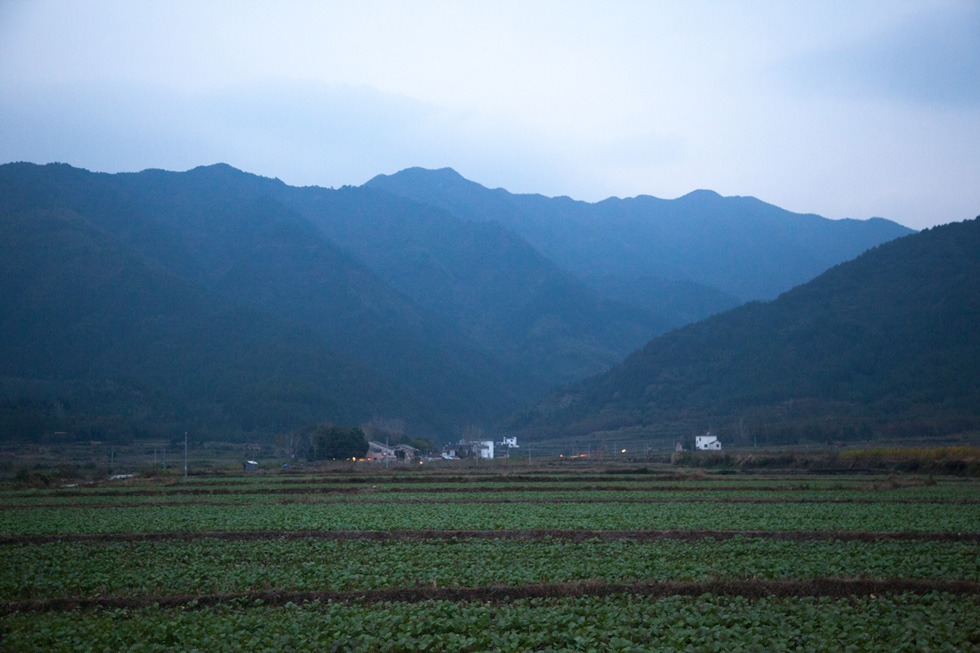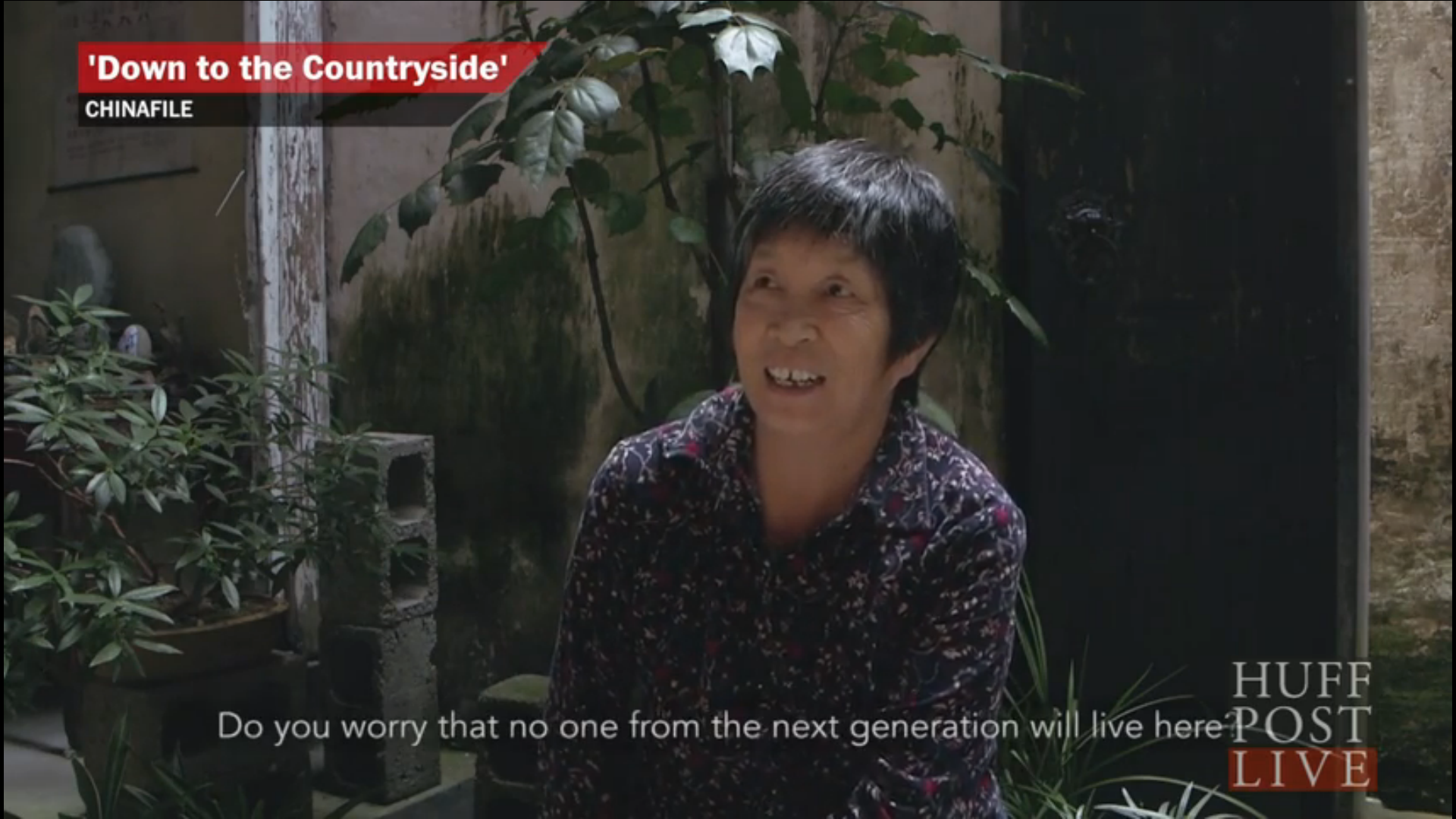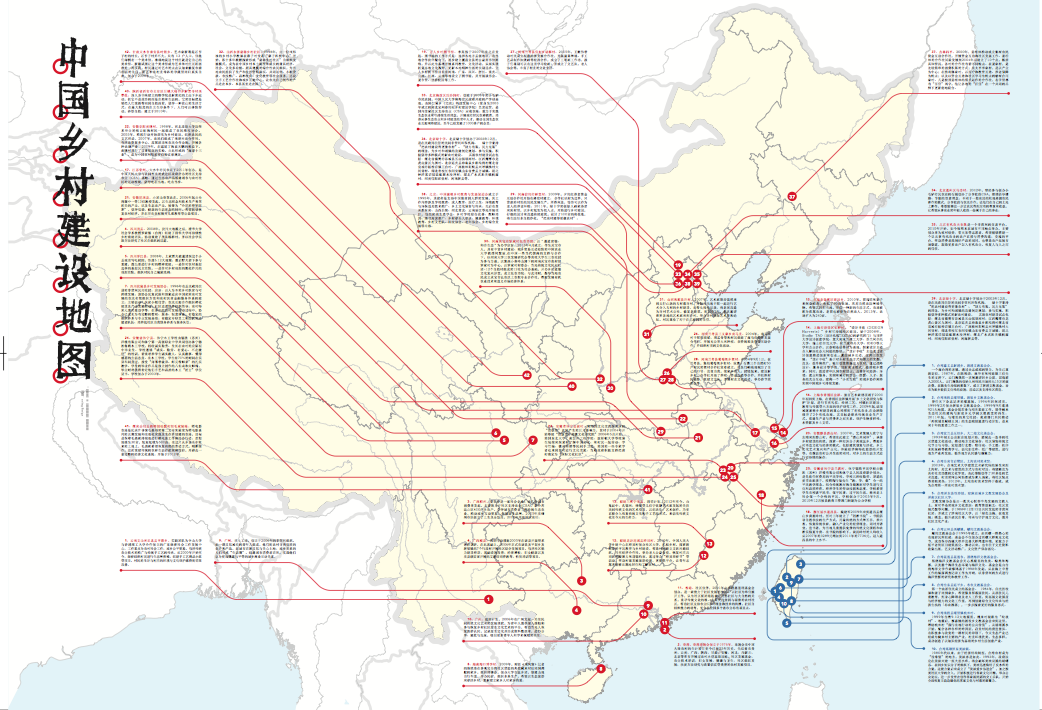
As China continues to urbanize, some 100 villages—and their distinct cultural heritage, clan identities and folk traditions—disappear daily. Bishan, a village in the historical Huizhou region, is fighting to survive.
During the Ming and Qing dynasties (1368-1911), Huizhou was a distinguished business and cultural center renowned for its merchants, superior craftsmen, and architectural innovation. Today, the region has been left behind by China's economic rise. Many once grand homes, having survived wars and decades of Communist rule, now lie vacant. Their former inhabitants have migrated to nearby cities seeking economic opportunity and the stimulation of urban life.
Dismayed by growing inequality, uprooted traditions, social alienation, environmental degradation, and over-burdened urban infrastructure, a back-to-the-land movement is emerging in China, led by urban artists and intellectuals who seek to break away from the predominant value system that equates urbanization with progress, and experiment with alternative development models in the countryside. Bishan is home to one such enterprise, the Bishan Project.
Leah Thompson and Yunfan Sun investigate the current state of Bishan in terms of healthcare, education, employment, social structure, access to information, entertainment, and housing. How are those too old or poor to migrate adapting to the exodus? Can the Bishan Project revitalize the community?
While Bishan distinguishes itself in many ways, its struggle to regain sustainability represents the challenges faced by villages and towns across the world seeking to revive their economies and identities in the wake of globalization.
-
×
 English
English












